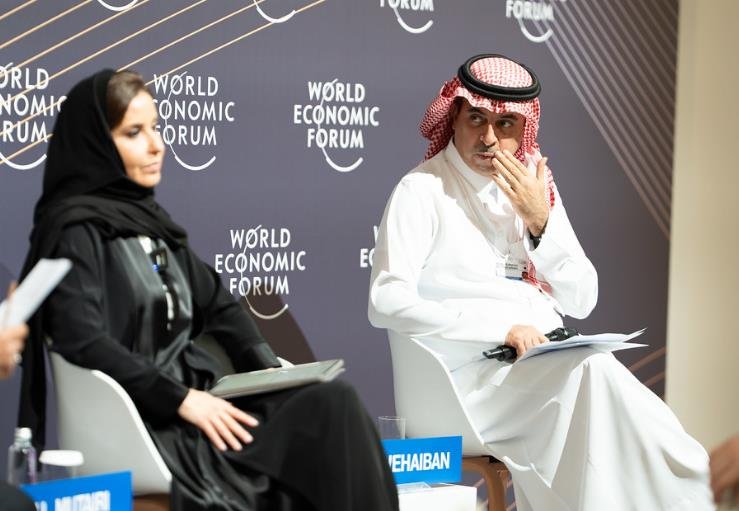A Saudi Arabian woman, Lolita Safeeraldeen, who sought asylum in Australia, has reportedly been abducted and flown back to Saudi Arabia. Human rights lawyer Alison Battisson has expressed grave concerns for Safeeraldeen’s safety, fearing that she is currently detained in the Gulf state. Safeeraldeen, who arrived in Australia in 2022, stopped responding to messages in May 2023 while in Melbourne. Her sudden disappearance and subsequent reappearance in Saudi Arabia have raised alarms about her well-being and the circumstances surrounding her return.
Lolita Safeeraldeen’s disappearance has been shrouded in mystery and fear. On the night she vanished, a friend received a distressing call from Safeeraldeen, begging for help as men forced her to leave. The friend rushed to her home but was blocked by several men outside with a black Mercedes van. This was the last time anyone heard from Safeeraldeen in Australia.

Flight records indicate that a woman named Hanan Safeeraldeen, Lolita’s assumed identity, boarded a flight from Melbourne to Kuala Lumpur shortly after the incident. Battisson, Safeeraldeen’s lawyer, believes that she was then taken to Saudi Arabia against her will. The lack of airport CCTV footage and the absence of further details have made it difficult to trace her exact movements.
Safeeraldeen’s case has drawn attention to the risks faced by women fleeing abuse and seeking asylum. Her lawyer has emphasized that Safeeraldeen would never have returned to Saudi Arabia voluntarily, given her history of fleeing sexual and physical abuse. The situation underscores the vulnerabilities of asylum seekers and the need for robust protection mechanisms.
Legal and Human Rights Concerns
The alleged abduction of Lolita Safeeraldeen raises significant legal and human rights concerns. Battisson has called on the Australian government to investigate the circumstances of Safeeraldeen’s disappearance and ensure her safety. The Australian Federal Police have acknowledged the allegations and initiated inquiries both domestically and internationally. However, the lack of public confirmation from the government has left many questions unanswered.
Safeeraldeen’s case highlights the broader issue of foreign interference and the protection of asylum seekers. Human rights activists have pointed out that such incidents undermine the integrity of asylum processes and put vulnerable individuals at risk. The need for international cooperation and stringent measures to prevent forced repatriations is more pressing than ever.
The situation also sheds light on the ongoing repression of women in Saudi Arabia. Despite recent reforms, including lifting the ban on driving and easing some restrictions, women in Saudi Arabia continue to face significant legal and social challenges. Safeeraldeen’s plight is a stark reminder of the dangers faced by women who defy societal norms and seek freedom from abuse.
Calls for Action and Support
In response to Safeeraldeen’s disappearance, human rights organizations and activists have called for immediate action to ensure her safety. Battisson has urged the international community to pressure Saudi authorities to release Safeeraldeen and guarantee her protection. The case has sparked a broader conversation about the rights of asylum seekers and the responsibilities of host countries to safeguard them.
Supporters have also emphasized the importance of providing legal and psychological support to asylum seekers who have experienced trauma. Safeeraldeen’s case underscores the need for comprehensive support systems that address the unique challenges faced by women fleeing abuse. Ensuring access to legal representation, counseling, and safe housing is crucial for their recovery and integration.
The international community’s response to Safeeraldeen’s case will be closely watched as a measure of its commitment to human rights and the protection of vulnerable individuals. The outcome of this case could set a precedent for how similar situations are handled in the future, highlighting the need for vigilance and advocacy in the face of injustice.
